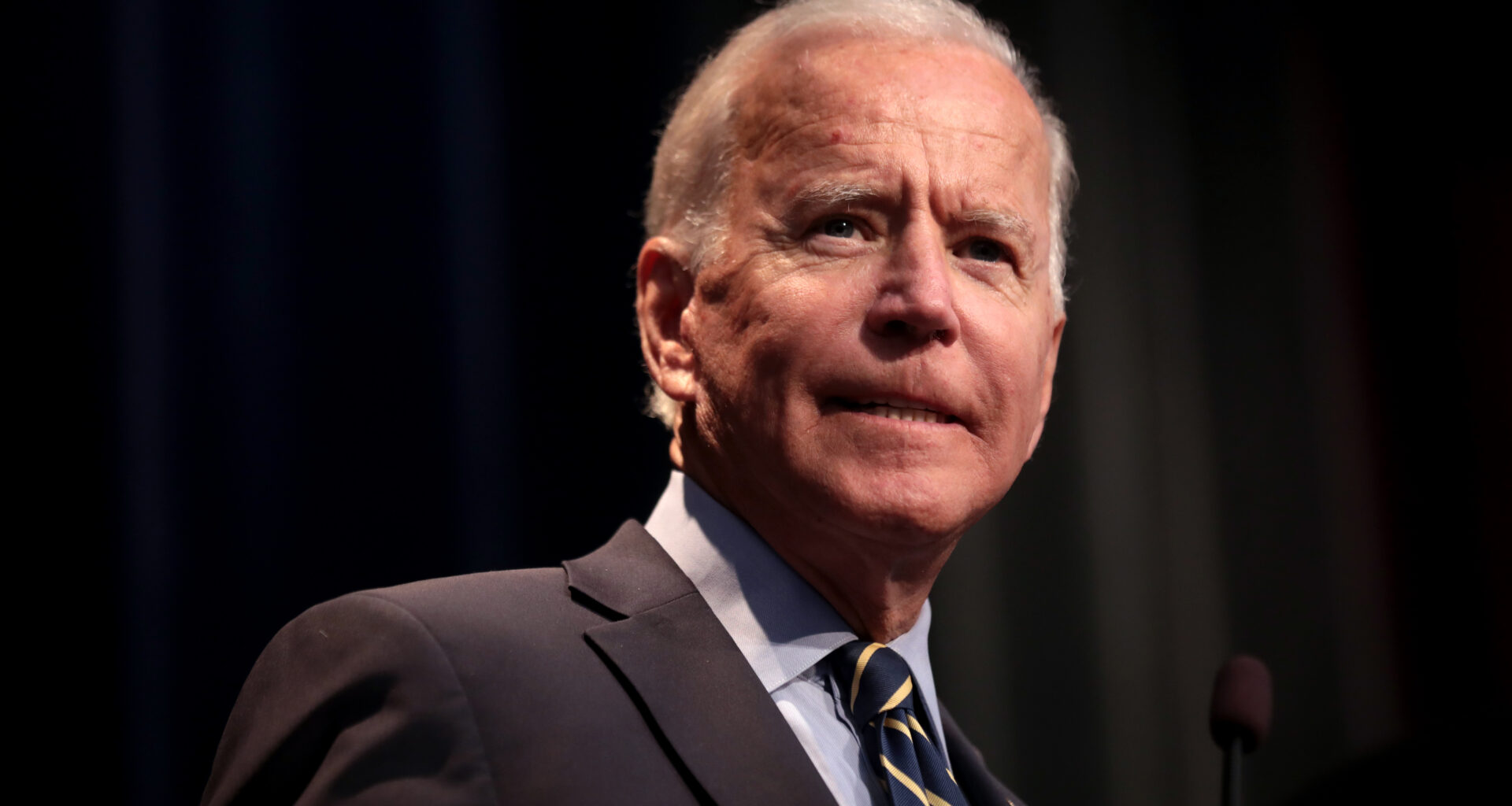The Israel-Palestine conflict remains one of the most intractable and deeply rooted issues in the world today. President Joe Biden’s approach to this decades-old conflict has been characterized by a careful balance of diplomacy, traditional alliances, and an emphasis on a two-state solution. This article explores how the Biden administration is navigating the complex terrain of the Israel-Palestine conflict.
Biden’s Priorities
Since taking office in January 2021, President Biden has prioritized addressing the Israel-Palestine conflict as a part of his broader foreign policy agenda. His administration seeks to strike a balance between maintaining a strong alliance with Israel, ensuring the security of the Jewish state, and addressing the aspirations of the Palestinian people.
Restoring Diplomatic Relations
One of the first steps taken by the Biden administration was to restore diplomatic relations with the Palestinian Authority (PA) and reopen the U.S. Consulate General in Jerusalem, which serves as a diplomatic mission to the Palestinians. This move marked a significant shift from the previous administration’s approach and was seen as a gesture of support for a two-state solution.
Support for a Two-State Solution
President Biden has consistently expressed his support for a two-state solution, which envisions a secure Israel and a viable, independent Palestine living side by side. The administration believes this is the most equitable and sustainable path to peace in the region. The two-state solution has long been supported by the international community, and President Biden’s commitment to it aligns with this consensus.
Humanitarian Aid and Reconstruction
Another key aspect of the Biden administration’s approach to the conflict has been its commitment to providing humanitarian aid to the Palestinian people and supporting reconstruction efforts in the Gaza Strip. In the wake of the May 2021 conflict between Israel and Hamas, the U.S. pledged significant financial assistance for humanitarian relief and reconstruction, emphasizing the importance of addressing the pressing needs of the Palestinian population.
Restoring Funding to UNRWA
The Biden administration also announced the resumption of funding to the United Nations Relief and Works Agency for Palestine Refugees in the Near East (UNRWA). This move was intended to provide essential support to Palestinian refugees and reinforce the U.S. commitment to addressing the refugee issue as part of a final status negotiation.
Challenges and Obstacles
The Israel-Palestine conflict remains highly complex and deeply entrenched, presenting several challenges to the Biden administration’s efforts:
- Domestic Politics: The U.S. remains deeply divided on the issue, with strong pro-Israel and pro-Palestine constituencies. The Biden administration must navigate these domestic political pressures while pursuing a balanced approach.
- Ongoing Violence: Tensions periodically erupt into violence, as seen in the 2021 Gaza conflict. Escalations can undermine diplomatic efforts and perpetuate the cycle of violence.
- Israeli Settlements: The expansion of Israeli settlements in the West Bank remains a contentious issue. The Biden administration opposes these settlements but has struggled to halt their expansion.
- Leadership in Israel and Palestine: The fluid nature of Israeli politics, along with a divided Palestinian leadership, presents challenges for negotiations and consensus-building.
The Israel-Palestine conflict has defied resolution for decades, and President Biden’s approach reflects the complexities involved. By emphasizing a two-state solution, supporting diplomacy, and addressing humanitarian needs, the Biden administration seeks to promote a just and lasting peace in the region. However, achieving such a peace remains a formidable challenge, one that will require sustained efforts, diplomatic finesse, and international cooperation. The coming years will test the effectiveness of President Biden’s strategy and whether it can bring the parties closer to a resolution that has eluded them for generations.





